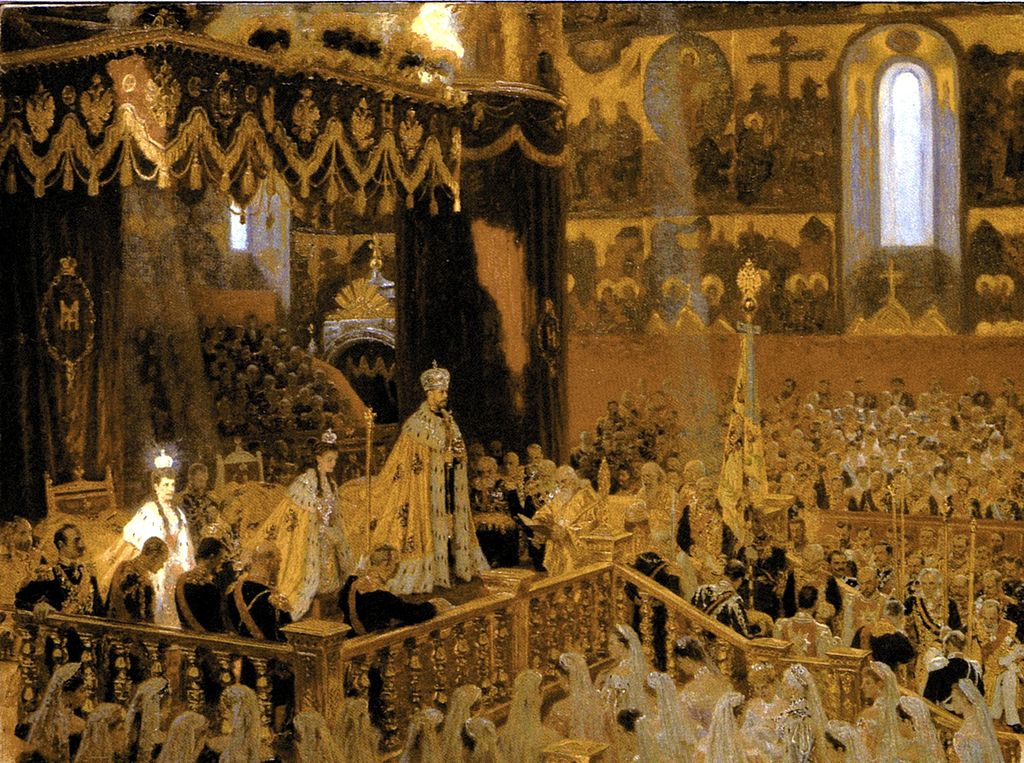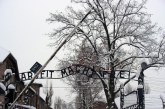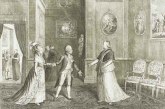
Story Highlights
- Historical event:
- 26 May 1896
- The Russian imperial crown, containing 4,936 diamonds, was used for the coronation. The Emperor held a royal scepter (with the famous Orlov diamond, once one of the largest diamonds in the world), and a golden apple in his right hand.
This day marked the last imperial coronation in Russian history. Nicholas II, the last Emperor of Russia, was crowned on this day in 1896.
He and his family were killed by the Bolsheviks after the October Revolution. His only son, the young Tsarevich Alexei, who suffered from hemophilia and whose “doctor” was the monk Rasputin, was also killed.
Nicholas II was crowned in Moscow, although it was not the capital of the Russian Empire at the time (St. Petersburg had been the capital since the 18th century, by the decision of Emperor Peter the Great).
However, all imperial coronations were traditionally held in Moscow, in the Cathedral of the Assumption of Mary (this is the main church of Moscow). The Cathedral of the Assumption of Mary is located within the walls of Moscow’s Kremlin.
The coronation was extremely lavish and contained a lot of symbolism. The Russian imperial crown, containing 4,936 diamonds, was used for coronation.
After the October Revolution, the crown was kept in Ireland for a long time. The Irish gave the Soviets a monetary loan for the mentioned crown.
During the coronation, the Emperor held a royal scepter (with the famous Orlov diamond, once one of the largest diamonds in the world), and a golden apple in his right hand.
The religious dimension of the coronation was particularly interesting. According to teaching of the Orthodox Church, an emperor was the only a “layperson” who could go through the door (which separates the sanctuary space from other space in Orthodox churches).
Nicholas II entered the sanctuary, and received the Holy Communion under both species (unlike laity).




